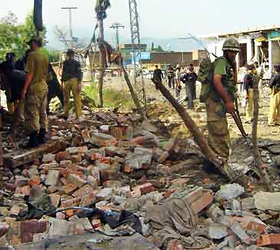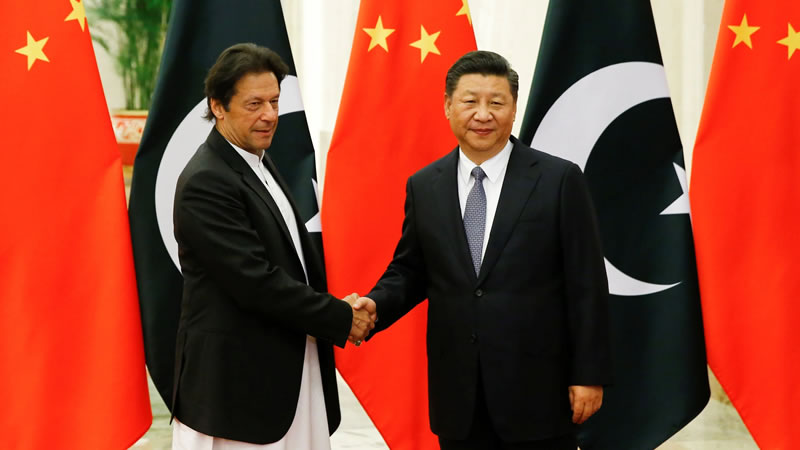 Unfortunate was the explosion on Monday in a reconciliatory jirga (consultative meeting of community elders) in Khomsa, in the heart of the tribal Kurram Agency that initially killed seven persons and injured several others. Those who lost their lives in the blast included a school teacher, who was also a member of the jirga. The casualties were rushed to a hospital in Parachinar. As the details would have it, the tribal elders met to resolve a dispute over the ownership of a compound containing a school. Just when the participants were busy discussing the issue from all angles, a powerful explosion rocked the meeting. Early reports said that the local political administration was trying to ascertain whether the blast was caused by a suicide bomber or detonated by anti-social elements through an improvised explosive device. Rival factions in Khomsa might well have been feeling bitter about the ownership of a piece of land but the subversive act, occurring when one-fifth of the country was under flood waters, did not really send out a positive message to the outside world, which was already under the impression that its financial assistance given in aid might find its way into the pockets of extremists that bombed peace jirgas and dynamited schools for girls.
Unfortunate was the explosion on Monday in a reconciliatory jirga (consultative meeting of community elders) in Khomsa, in the heart of the tribal Kurram Agency that initially killed seven persons and injured several others. Those who lost their lives in the blast included a school teacher, who was also a member of the jirga. The casualties were rushed to a hospital in Parachinar. As the details would have it, the tribal elders met to resolve a dispute over the ownership of a compound containing a school. Just when the participants were busy discussing the issue from all angles, a powerful explosion rocked the meeting. Early reports said that the local political administration was trying to ascertain whether the blast was caused by a suicide bomber or detonated by anti-social elements through an improvised explosive device. Rival factions in Khomsa might well have been feeling bitter about the ownership of a piece of land but the subversive act, occurring when one-fifth of the country was under flood waters, did not really send out a positive message to the outside world, which was already under the impression that its financial assistance given in aid might find its way into the pockets of extremists that bombed peace jirgas and dynamited schools for girls.
A section of the media appears to have committed itself to showing only the seamy side of the flood story i.e. the outlaws have robbed the flood-affected IDPs, the rescue workers have misappropriated the relief goods and the militants are making recruitments under the garb of providing relief. Using their infinite powers under the Frontier Crimes Regulation (FCR), the political agents in tribal areas often order the construction of schools, hospitals and other buildings on the land of a particular individual and, what is more annoying, register these constructions in the name of two or three owners, who later start squabbling among themselves over the rights to property, as it incidentally also happened in KA’s Khomsa village. We honestly believe that community elders should take their own security measures before holding a consultative meeting. – Statesman











